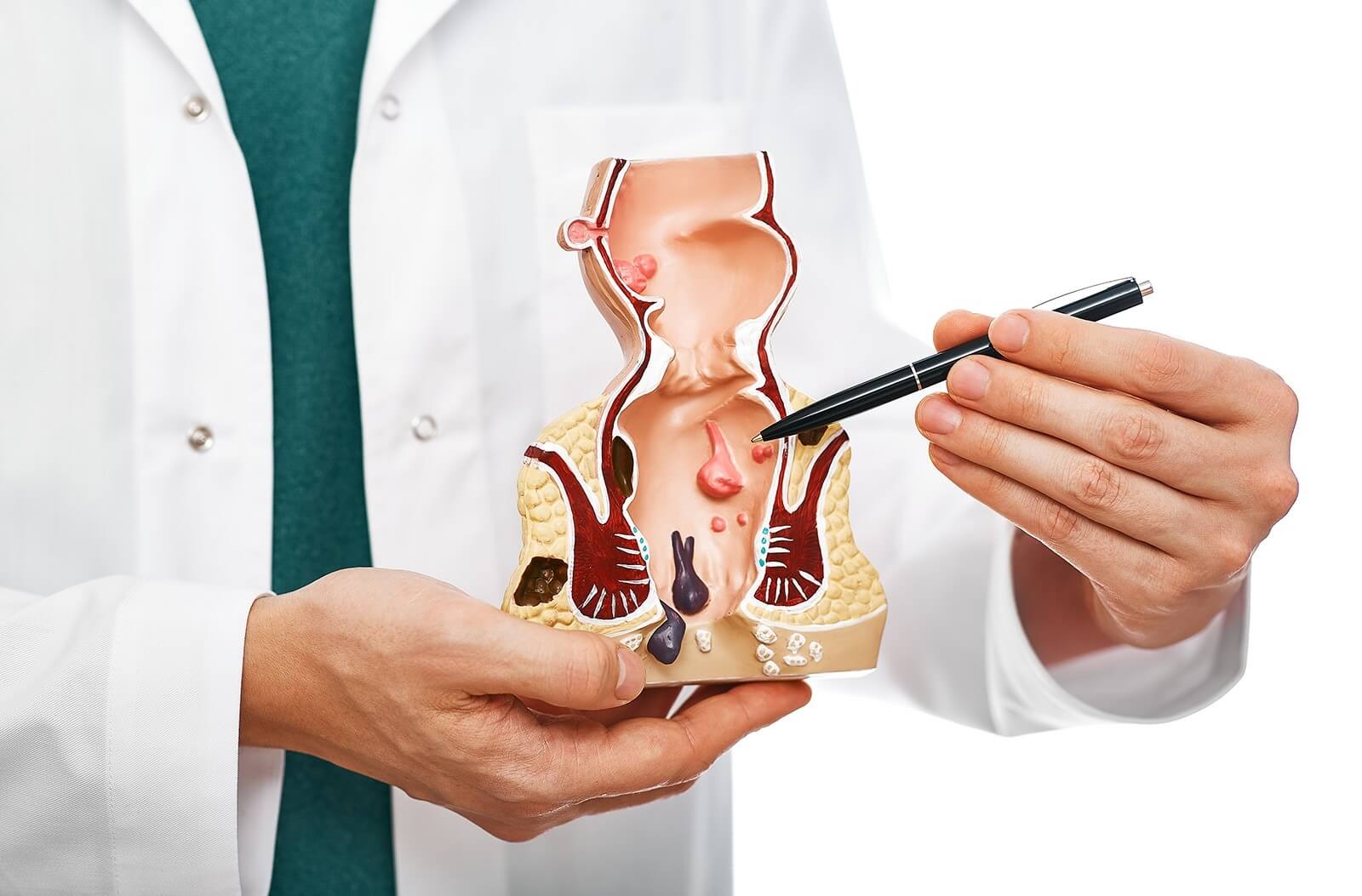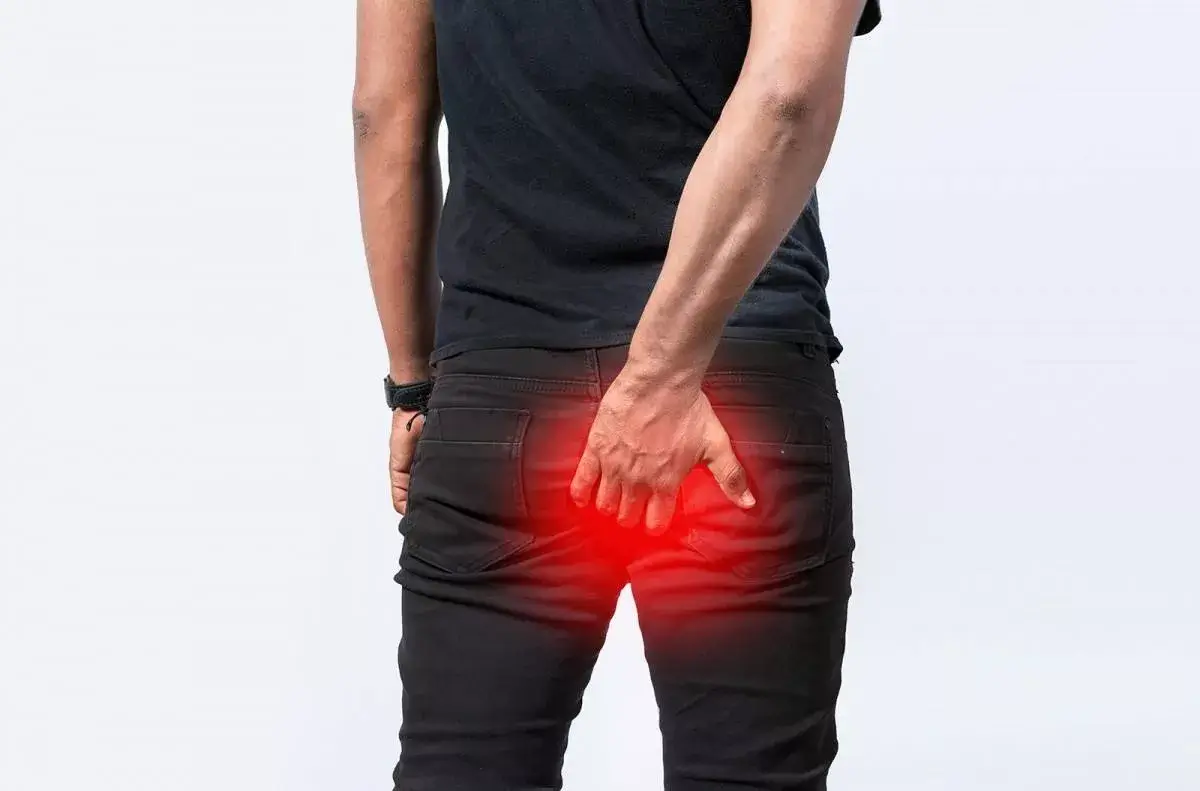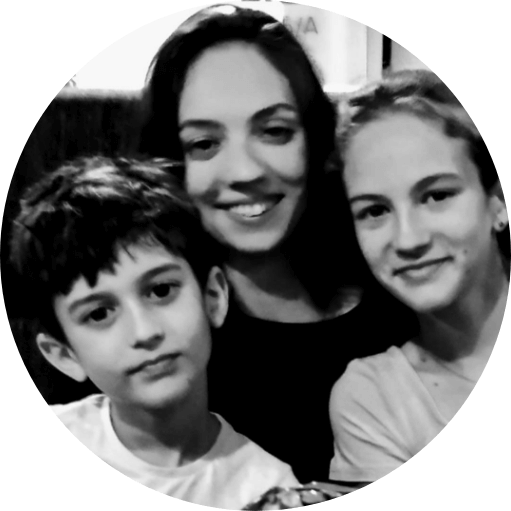In the proctology outpatient clinic we focus on the diagnosis and treatment of diseases of the rectum, especially haemorrhoids, which are also known as the “Golden Vein”. It is a health problem that usually arises due to weakening of the vascular wall. Often, however, health problems related to the rectum are hidden behind other diseases that can only be detected by a doctor after a thorough examination.
Hemorrhoids, sometimes incorrectly referred to as hemorrhoids, are divided according to their location into internal and external. The internal golden vein is located inside the rectum and is primarily betrayed by bleeding. External haemorrhoids are painful to the touch, crack, itch, burn, swell and can even become inflamed. Of course, this is a very delicate problem, but it is nevertheless necessary to seek medical help as soon as possible.
In general, today we talk about the division into 4 stages of hemorrhoidal disease:
- The first is manifested by itching, burning, or is without symptoms and is detected only during examination.
- In the second stage, the problem is exacerbated when the individual venous nodes bloat during emptying and prolapse, i.e. dislocation, may occur. However, after a stool, they reponate themselves inside.
- The third stage of haemorrhoids is even more complicated as spontaneous repositioning no longer occurs. Thus, the patient pushes the golden vein himself, causing swelling or inflammatory complications, which may also manifest as mucus or blood on the underwear.
- The fourth stage is characterized by complications – bleeding, inflammation, thrombosis of hemorrhoids protruding from the anal opening.

Removal of the golden vein is performed by means of a mini-invasive , painless Barron’s ligature, i.e. rubber banding, or in more complex cases, surgically, as part of same-day surgery.
The principle of the Barron ligature
It is a painless, minimally invasive method that takes only a few minutes to perform and has excellent long-term results. Rubber banding, or Barron’s ligature, is performed using a special device, called. applicator, which is used to insert the throttle ring. This will subsequently prevent the inflow and outflow of blood to the ligated knot. The tissue will then die and fall off.
The procedure is indicated for the first to third stage of haemorrhoidal disease, is painless, does not require anaesthesia and takes only a few minutes. After the procedure, a rest period of a few days (no physically demanding work, gym, etc.) is advisable, but sick leave is not necessary. Removing the golden vein has never been easier. The price of the treatment is 150 €.

Surgical removal of hemorrhoids
Another option of hemorrhoid removal, which can be performed under general anesthesia with overnight hospitalization, is the removal of hemorrhoids by the classical surgical method, under the guidance of a specialist and experienced surgeon. MUDr. Martin Hladikwho has many years of experience in surgery and proctology.
Examination and consultation
Each treatment is preceded by a personal consultation and a rectoscopic or proctoscopic examination, which can be completed in one visit if the patient has completed the necessary preparation. A diagnosis is then made and the doctor suggests an appropriate treatment. MUDr. Martin Hladik. The price of the consultation with examination is 50€. The complete price list of procedures in the proctology outpatient clinic can be found in the price list section.
You can make an appointment for an exact date by calling tel. number 02 / 52 444 022.
Preparation of the patient before the examination in the proctological outpatient clinic
The preparation usually consists of a no-residue diet lasting about 3-4 days before the examination and a liquid diet 24 hours before the examination (tea, mineral water, broth…). Furthermore, it is necessary to apply 2 glycerin suppositories into the rectum – one the evening before the examination and the other about 2 hours before the examination. After the application of suppositories, the patient should have a stool. Glycerin suppositories are over-the-counter in the pharmacy. If a proctological surgery is planned, it is advisable to follow a 5-day dietary regime and drink a cleansing solution usually the evening before the surgery and the morning of the surgery.

Inappropriate foods before the examination: fatty meat, sausages, salami, bacon, cracklings, tripe, duck, goose, sour fish, sardines, raw vegetables, fruit, nuts, almonds, figs, fresh bread, gnocchi, all spices and other condiments in food, mustard, alcohol, poppy seeds, pome fruits (grapes, kiwi, apple…)
Suitable foods before the examination: lean meat (veal, chicken), fish fillets – grind or blend all meat after cooking. Soups, mixed soups (potato, pumpkin, spinach), butter, oil, milk, mashed potatoes, soft-boiled egg, soft biscuits, biscuits and older pastries, mixed compotes, young cooked vegetables, ideally mixed (carrots, cauliflower, kohlrabi, celery, parsley, spinach). All beverages (tea, white coffee, weak cocoa, ciders, diluted juices, mineral water, yoghurt, kefir, etc.).

























